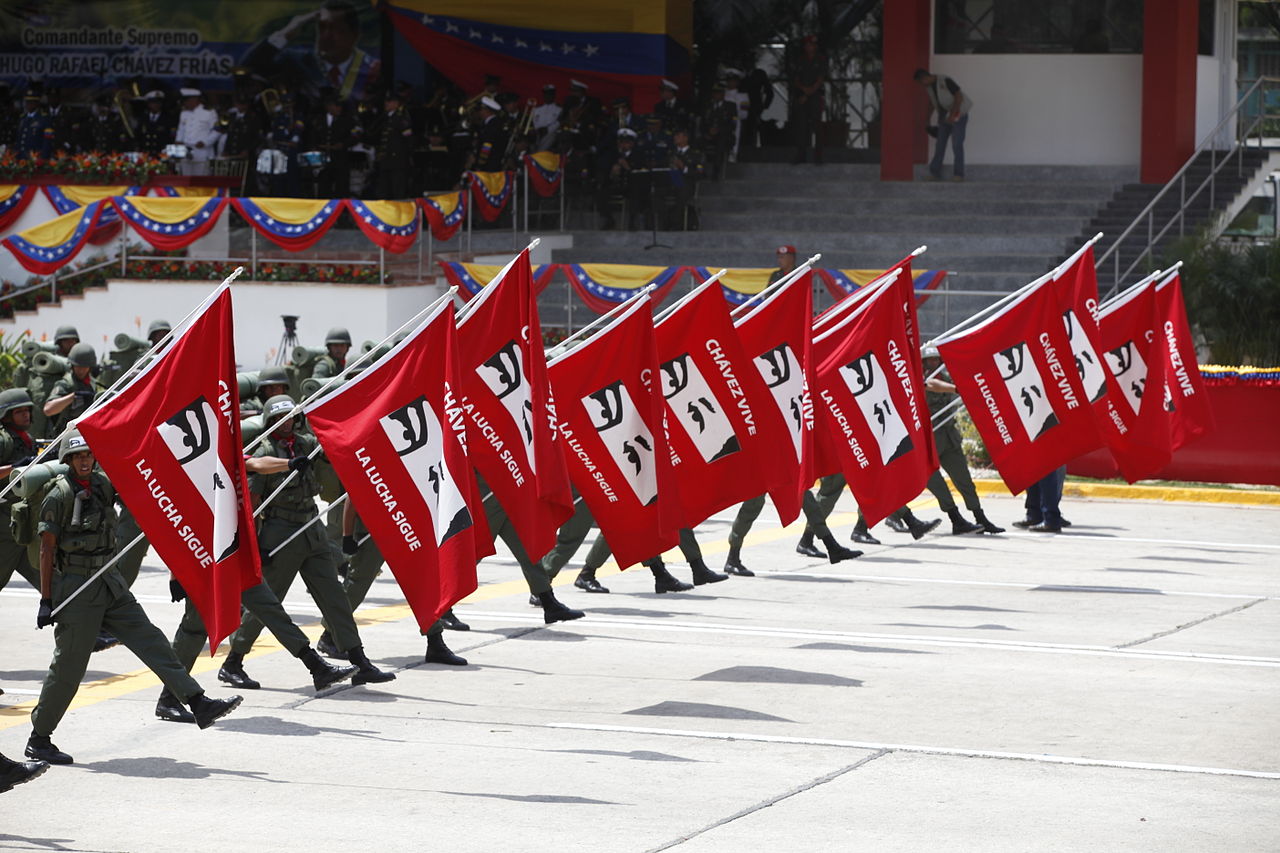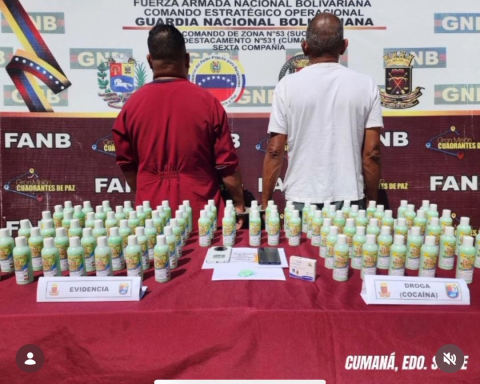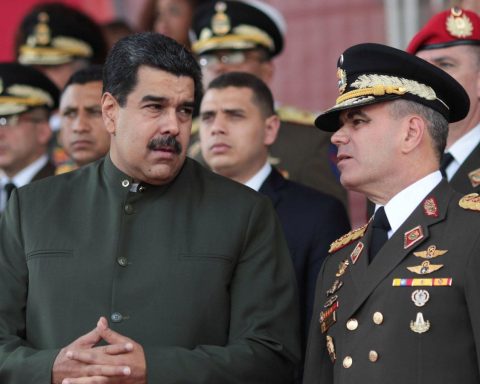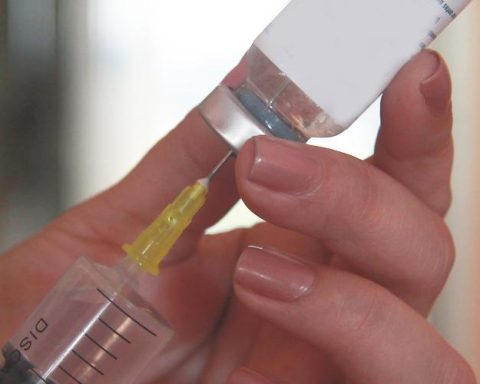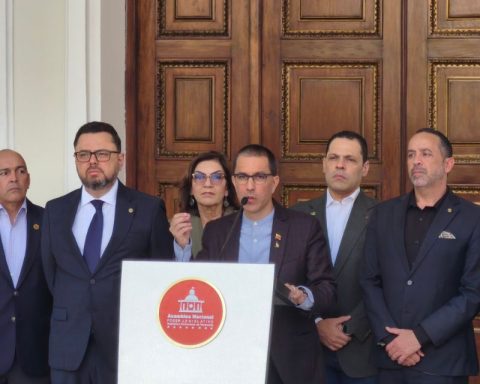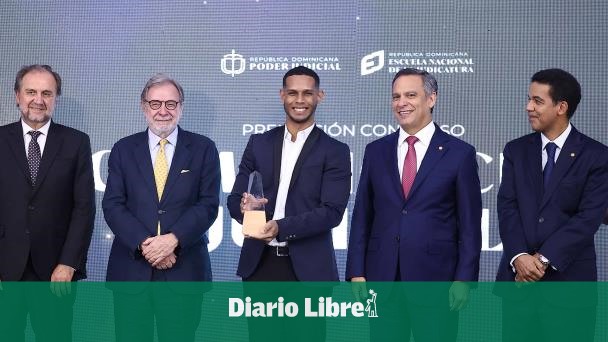The “Bolivarian revolution” celebrates 25 years of governing Venezuela. What began with a proposal to do it “until 2021” by Hugo Chávez when the Constitution did not yet allow it, has finally been transformed by his heir Nicolás Maduro into “until two thousand always.” These are eight milestones contributed to this story
Nicolas Maduro confirmed that he will take office on January 10, amid doubts about the transparency of the presidential elections that occurred in Venezuela on July 28.
The president has repeated on more than one occasion during his speeches that he will never hand over the “baton” of command to those he considers “oligarchs” “from the extreme right” or allies of the United States.
Previously, former President Hugo Chávez said that the so-called “revolution” would last until 2021. Now the State officials themselves – among them the first vice president of the United Socialist Party of Venezuela (PSUV), Diosdado Cabello – envision several decades of “socialism” at the head of the administration.
But how was the system designed in which the Bolivarian Revolution, first with Hugo Chávez and then with Maduro at the helm, pulled its strings to perpetuate its ideal? Here are the milestones of “21st century Socialism.”
*Read also: International pressure on Maduro’s government intensifies as #10Jan approaches
Constituent Assembly, an extra year to the revolution
To tell this story we must go back to 1998, when Hugo Chávez was elected president of Venezuela due to what many described as “citizens’ disillusionment with traditional parties.” A year later, through a referendum, the population approved a new Constitution that replaced the 1961 one, which Chávez called “the dying one” and which turned the country into the Bolivarian Republic of Venezuela.
The new Constitution that was approved in the referendum of December 15, 1999with 80% of votes in favor, increased the presidential term from five to six years, allowed the revocation by referendum of the mandate of elected public servants, including the president, and allowed immediate re-election for the first magistracy.
In July 2000, the first presidential elections were held under the new Constitution, and in this process Chávez was re-elected as president.
April 2002: blow to the revolution
In 2002, specifically on April 11, the Military High Command announced that Hugo Chávez was resigning from the presidency, which led to what became known as “El Carmonazo”, when the then president of the Fedecámaras business group Pedro Carmona Estanga assumed office. Executive and dissolved the powers of the State. Thus, he loses military support and the coup fails. On April 13, Chávez returns to power.
In 2004, Chávez won the first and only recall referendum in Venezuela, allowing him to complete the remaining two and a half years of his term. A year later he began to tighten the screw, first on the media: regulations were approved that stipulated heavy fines and even jail time in case of defamation of public figures.
Revolution “until 2021”
Chávez’s second presidential term was the one in which the path to the perpetuity of his ideal was most paved, but also with his figure at the head of the public administration. He was re-elected in December 2006. A month later and after taking office, he announced the nationalization of the energy and communications companies.
In May of that year he denied the renewal of the broadcast license of the RCTV television channel, critical of his management. This sparked massive protests and strong international condemnation. Experts described the measure as an attempt to impose an absolute truth. The signal was replaced by a state channel.
The “pyrrhic” victory
In December 2007, a new referendum was held in Venezuela. Chávez lost: his proposal was to modify 69 articles of the 1999 Magna Carta, among which was that of forming the country as a Socialist State and approving indefinite re-election for the presidency of the Republic.
Less than two years later, in February 2009, he submitted a constitutional amendment to a referendum to authorize the indefinite reelection of the president, but also of state governors, mayors and parliamentarians. The proposal was approved. In parallel, many of the proposals rejected in the 2007 reform were imposed by presidential decree.
Meanwhile, censorship advanced through administrative measures. In August 2009, the first massive blackout of radio stations occurred, when 34 stations were taken off the air by order of Conatel, then in charge of Diosdado Cabello. The methodology would become common in the following years.
In 2012, the State, through Conatel, forced the Globovisión news channel to pay a fine of 2.1 million dollars to prevent its equipment from being confiscated. The regulator imposed the fine on the channel for its coverage of the prison riots, which increased fear among traditional media.
witness pass
It was in October 2012 when Chávez won his fourth term in office. Two months later he announced that he was returning to Cuba to continue cancer treatment and urged the country to vote for Nicolás Maduro “if something were to happen.”
On March 5, 2013, the Venezuelan government announced that President Hugo Chávez had died at the age of 58. In April new elections were held in which Nicolás Maduro won by a very narrow margin. Opponent Henrique Capriles Radonski and opposition leaders questioned the results.
After Maduro came to power, the persecution against the opposition intensified. In February 2014, opposition leader Leopoldo López, accused by the government of instigating acts of violence, surrendered to the authorities. At least 28 people died in protests.
In December of that same year, the Prosecutor’s Office, headed by Luisa Ortega Díaz, formally accused opposition leader María Corina Machado of conspiring to assassinate President Maduro. Then, in February 2015, the then mayor of Caracas, Antonio Ledezma, was accused of planning a coup d’état with the support of the United States.
The National Assembly in contempt
In December 2015 the opposition saw the light. The Democratic Unity coalition won two-thirds of the National Assembly, ending 16 years of Socialist Party control over parliament.
Allegations of electoral irregularities caused the Supreme Court of Justice – pro-Chavismo – to annul the election of three opposition deputies, breaking the qualified opposition majority. The parliament swore them in because they had already been accredited by the National Electoral Council.
Thus, a week after beginning the legislature, in January 2016, the TSJ declared the National Assembly “in contempt” and therefore null and void all its previous and subsequent decisions.
In September 2016, protests were activated in Caracas demanding Maduro’s resignation, and a new recall referendum was promoted, which regional courts blocked.
In April 2017, the Supreme Court finally issued a ruling repealing the legislative action and stripping the National Assembly of its functions. This unleashed a wave of protests that left more than 90 people dead in riots.
From the Executive power, Maduro convened a constituent assembly to draft a new Magna Carta to be installed as of August of that year. That body was in force for three years, was assumed as legislative power and did not produce a new constitution.
Abstention and distrust in the referee
On May 20, 2018, presidential elections were called again in Venezuela, with the precedent that in 2017 the company that owns the voting machines, Smartmatic, stated that the CNE had inflated one million votes during the 2017 constituent election.
In demanding electoral conditions, the opposition abstained from presenting a candidate and ignored the event. Maduro claimed victory in the elections, with 68% of the votes. In January 2019, Maduro assumed his second term, facing the institutional duplicity of an “interim presidency” of Juan Guaidó.
In December 2020, Chavismo comfortably won the parliamentary elections that also attempted to be boycotted by the main opposition parties and leaders, who did not participate, and due to massive abstention. The resulting parliament, controlled by the ruling party, has developed laws against civil society, against political parties and to establish norms that limit the participation of dissidents in the political game.
In 2021, regional and municipal elections were held, with the opposition participating divided.
On 28J
In this 2024 presidential election, the government of Nicolás Maduro activated a new wave of repression prior to the electoral process on July 28, through arrests of opposition leaders and activists. The political disqualification of María Corina Machado was ratified and the candidacy of Professor Corina Yoris, who sought to replace her, was prevented. At the last minute, Edmundo González Urrutia was allowed to register by the Democratic Unity Roundtable, as a later definitive “cover candidate.”
The result given by the CNE, which named Maduro as the winner with just over six million votes, was marked by an unprecedented fact: the electoral body never presented the disaggregated results and attributed it to a massive hack that left it out of service. the official page of the CNE. Furthermore, the proclamation document was delivered to Maduro with only 80% of the votes counted, the 100% total was not announced and the Electoral Gazette was not published as required by law.
The opposition denounced fraud and there were street protests, especially in popular sectors. After almost a week of street demonstrations in different states of the country, which left around twenty people dead, the Government announced that it had arrested more than two thousand people. Among those imprisoned were more than a hundred adolescents and minors, whose relatives and those of other prisoners denounced torture and mistreatment. The government accused those arrested of terrorism and inciting hatred. A dozen journalists were also victims of arbitrary arrests.
With just over a month left until January 10, the date set for the presidential inauguration, the National Assembly approved the Liberator Simón Bolívar Organic Law that stipulates a 60-year political disqualification against those who support “foreign sanctions” and stipulates penalties imprisonment of up to 30 years. Its articles open the door to punishments against any person who is presumed to support actions against the authorities.
Post Views: 95
